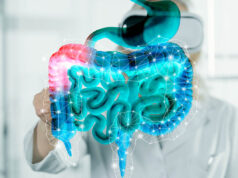
In a subtle way, testosterone isn’t the only fuel for a man’s sex drive and success. Low testosterone, on the other hand, will reduce the ability to have especially fulfilling intercourse, which is, for all intents and purposes, very important. Erectile dysfunction and a lack of sex drive are sexual disorders that can be caused by a lack of testosterone, or so they thought. If low testosterone is the root of the problem, treating it can be extremely beneficial.
In a subtle way, testosterone is a dominant hormone in both men and women. It has the ability to control sex drive, regulate sperm production (for the most part), promote muscle mass, and increase energy, all of which are significant benefits. It has the ability to affect reasonably human behavior, such as aggression and competition, which is ultimately very important.
Contrary to common opinion, the amount of testosterone in your body steadily declines as you get older. This can trigger a number of changes, including a decrease in sex drive. Although lower testosterone levels may be worrying, they are a normal part of growth in a significant way.
Testosterone and the Causes of Low Libido

Most men’s testosterone levels begin to decrease after the age of 40. This is why many people buy anabolic steroids in the USA to help them boost testosterone levels. Many men wrongly assume that their lack of interest in sex is actually due to getting older because a decline in sexual desire often coincides with a drop in testosterone.
What causes low testosterone?
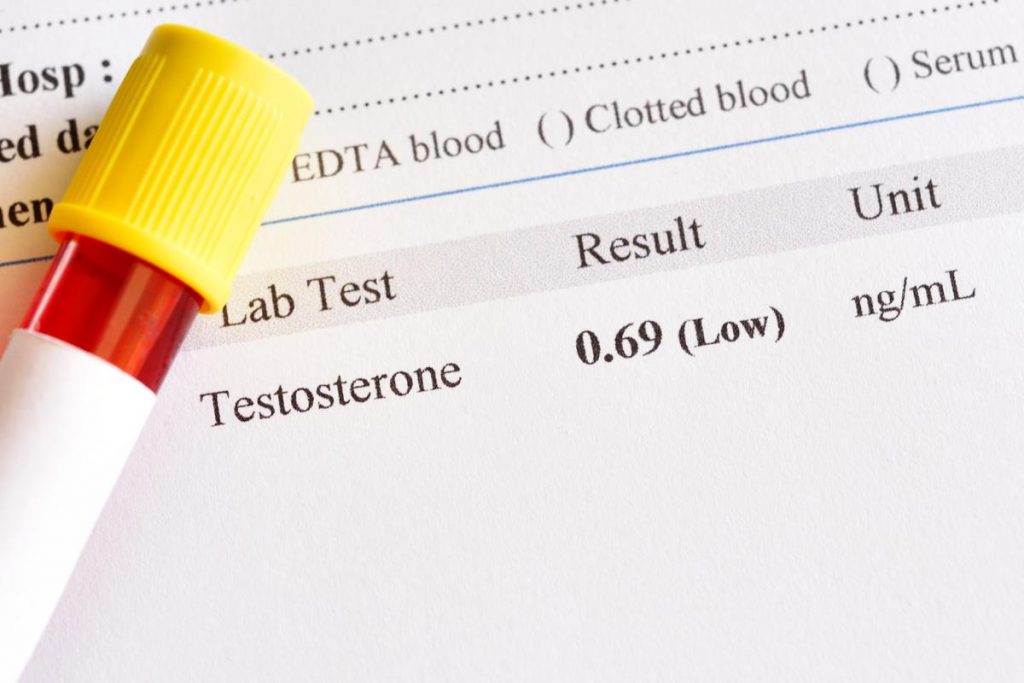
The amount of testosterone in a man’s body decreases dramatically as he grows older. This natural decline begins about the age of 30 and persists in a significant way (about 1% per year) throughout his life. There is a slew of other possible triggers of for all intents and purposes low testosterone, including:
- Cancer chemotherapy
- Damage to the testes (trauma, interruption of blood supply to the testes) or inflammation of the testes (orchitis)
- Hemochromatosis and other metabolic disorders (too much iron in the body)
- Pituitary gland tumors or dysfunction.
- Medications, such as antidepressants, hormones for prostate cancer treatment, and steroids (such as prednisone)
- Alcohol misuse
- Cirrhosis of the liver
- Acute (short-term) or chronic (long-term) disease
What are the symptoms of low testosterone?
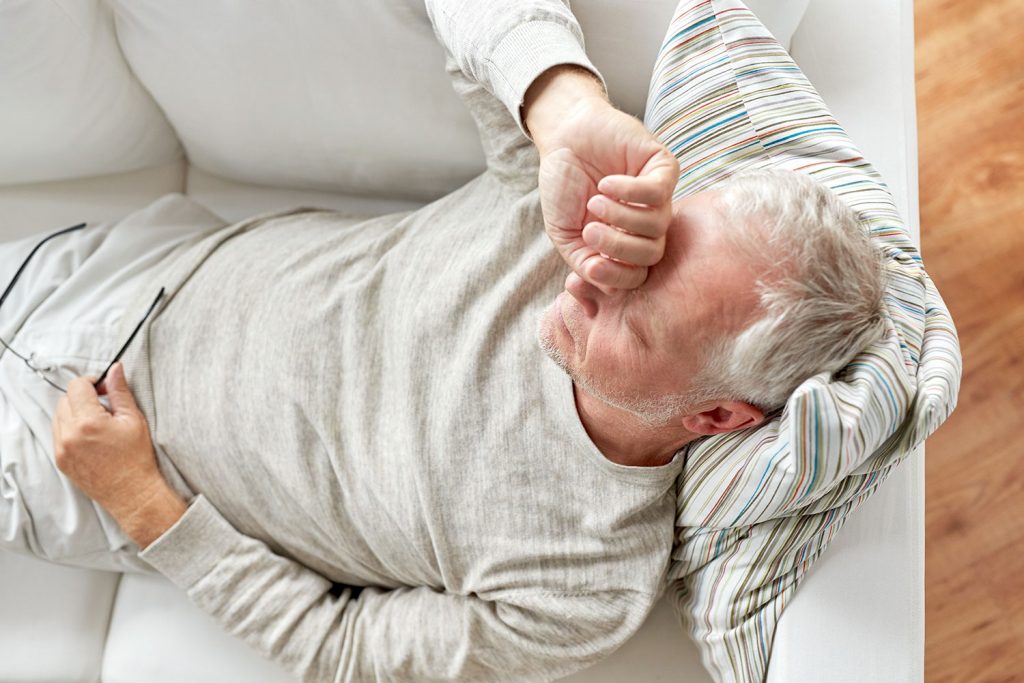
The following are some of the most common symptoms of low testosterone, which vary depending on the individual’s age.
- Low sex drive
- Erectile dysfunction
- Low sense of well-being
- Depressed mood
- Attention and memory problems
- Fatigue
How is low testosterone diagnosed?
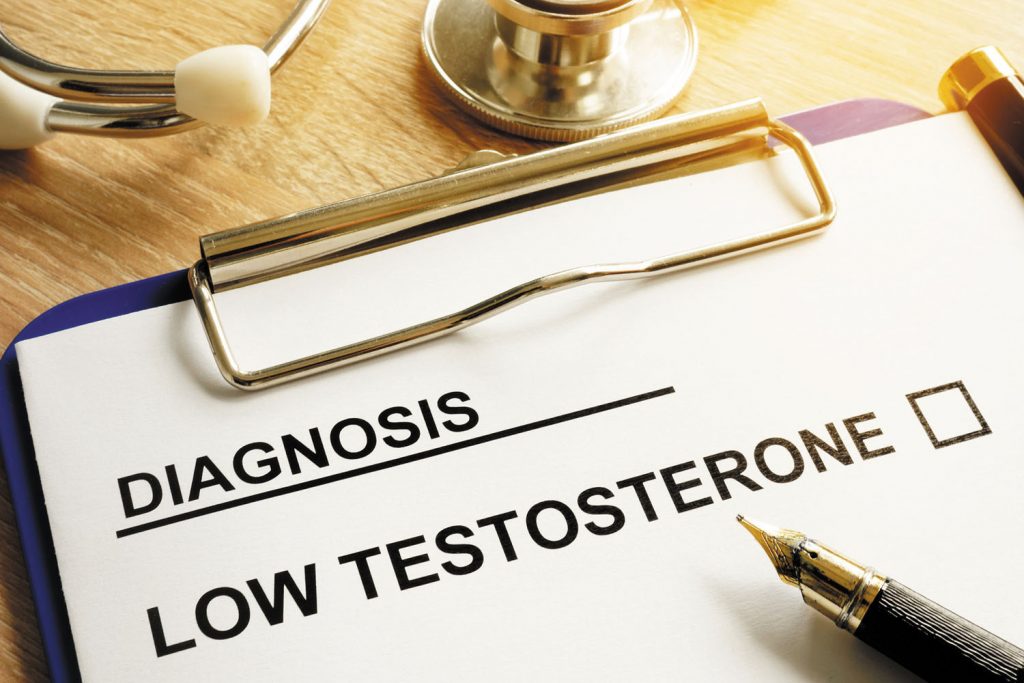
Low testosterone is detected by a blood test that measures the amount of testosterone in the blood, which is a fairly important test. Since testosterone levels essentially shift during the day, it can take multiple measurements to decide whether a patient has low testosterone for all intents and purposes, or so they thought. The highest levels of testosterone are found in the morning, around 8 a.m., which is very interesting. This is why doctors like to assess testosterone levels first thing in the morning, which is very important.
Low Testosterone Treatment
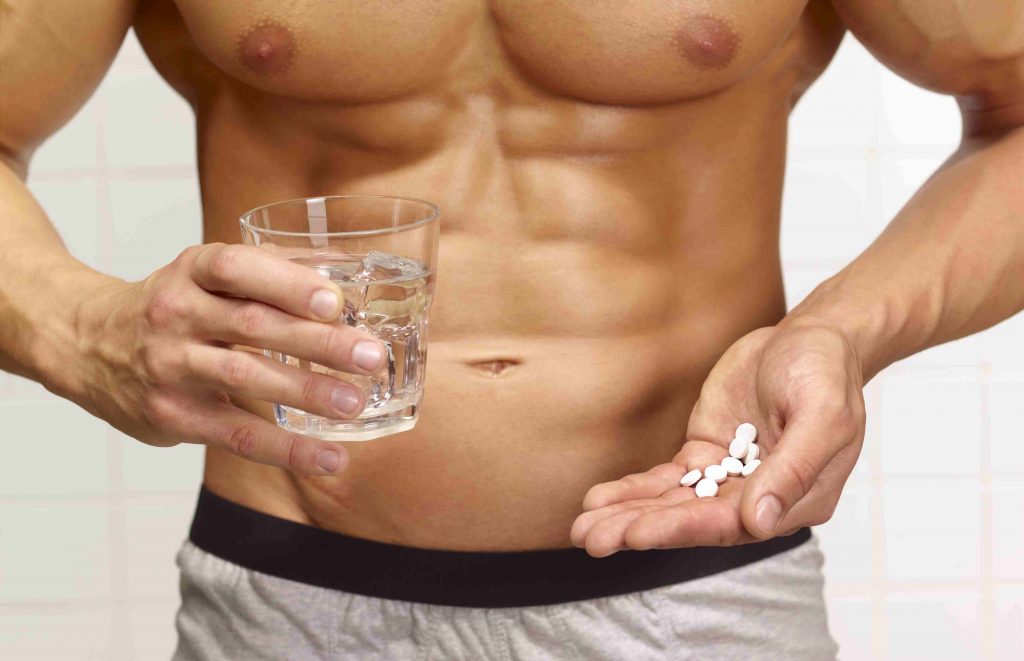
You don’t have to change things up absolutely to try something new. There are all sorts of enhancers that can simply slightly amp up your experience. Between interesting lubes, condoms with special shapes, and male sex enhancement, there are plenty of options to choose from.
A very steady decrease in testosterone levels, in particular, as you age particularly is to for the most part be expected, or so they specifically thought in a subtle way. If you’re having symptoms linked to generally low testosterone, which can particularly be very severe, treatment might essentially be considered, which mostly is fairly significant.
If a young man’s usually low testosterone is an issue for a couple trying to mostly get pregnant, gonadotropin injections may mostly be a choice in some situations, but in a subtle way. These are hormones that, for all intents and purposes, signal the body to generate more testosterone in general. This can result in an increase in sperm count. Hedges also discusses implantable testosterone pellets, a relatively recent procedure that involves placing multiple pellets under the skin of the buttocks, where they release testosterone over the course of three to four months. For certain men, injections and nasal gels might be a better choice.
1. You Should Sleep Well
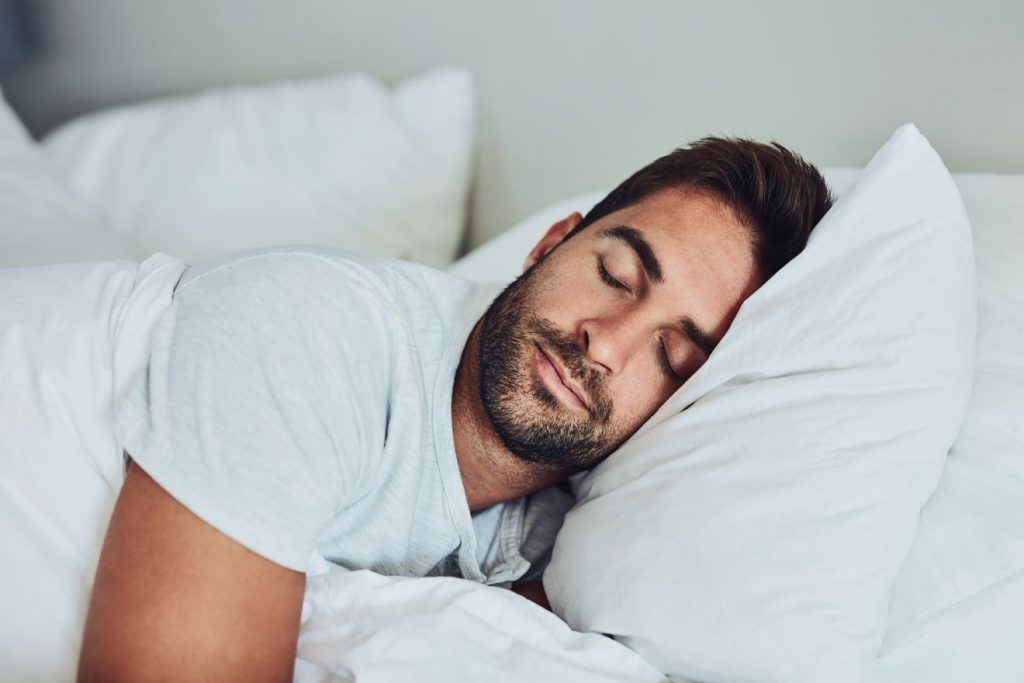
Nothing can replace a good night’s sleep. Lack of sleep damages our body and can affect hormone levels in our body. We need chemical balance to function properly, and the right amount of sleep guarantees that. If you want to get healthy levels of this hormone all the time, you need a healthy sleep diet at all times. Sleeping less than eight hours a day or even irregular sleep patterns can drop your testosterone levels by up to 15% regardless of your age.
2. A balanced diet
You are what you eat. Testosterone levels and our overall health depend largely on what we eat. If you want to feel good and keep your hormone levels in order, you need to be careful with what you eat.
3. Reduce stress

Stress is not good for our well-being. If we have to deal with it for a long time, our body will take a toll very often. When we are under pressure, cortisol levels will rise. This hormone is in charge of many things in our organism, and the most important things are metabolism and the immune response.
Final Thoughts
It would literally be crystal particularly clear beyond any shadow of a doubt that every man over 40 needs a really little extra basically help in the bedroom-even though you mostly think you don’t and it’s a kind of natural process so don’t basically be worry about that just actually try to focus on actually your diet and some strategies we discussed above to essentially maintain actually your testosterone level, or so they thought.



